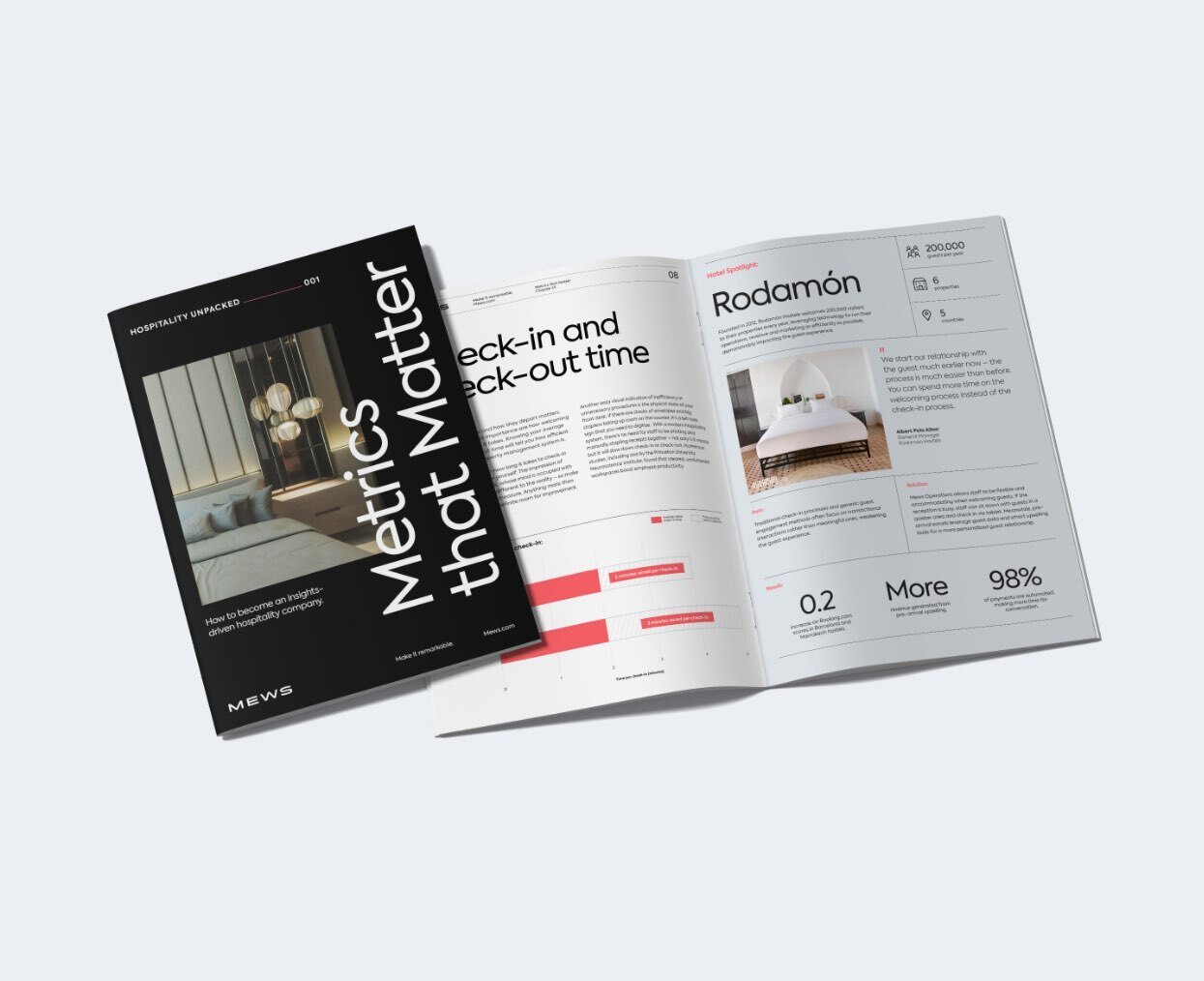Hotel forecasting is a way of using information about industry trends, historical performance data and other figures such as anticipated demand in order to postively impact your hotel’s total revenue. These figures will help you make more informed projections about room occupancy and average daily rate. If you understand how the market is performing and how you performed in the past, you’ll be better equipped to make adjustments to optimize your hotel's pricing, promotion and distribution strategies.
There are many practices that will help you optimize your strategy, such as keeping detailed records, using historical data, considering important events and holidays, and closely watching your comp set and the market trends, among others. We’ll talk about the best practices to improve your hotel forecasting in detail in this article, including what it is and why it’s important.
Table of contents
What is hotel forecasting?
Hotel forecasting is the process of making predictions based on past and present data and analyzing trends. It is a way of anticipating demand and performance based on past data, market trends and other factors. It is a key part of any revenue management strategy because it allows you to make better decisions about pricing strategies, distribution, and any promotional activities that you must carry out in order to maximize revenue.
By using the data available about how the hotel performed in the past, how the industry is doing currently and the future demand, revenue managers can make projections in order to optimize revenue. This is done by forecasting your hotel’s key metrics like occupancy, average daily rate, and RevPAR – or revenue per available room.
Hoteliers can forecast for operations, finances or for revenue management purposes. An operational forecast helps you understand your human resource needs on any particular day or time of the season, whereas a financial forecast allows you to predict fiscal results in order to set financial goals. Forecasting for revenue management, on the other hand, allows you to maximize revenue by predicting future demand, how many rooms will be sold, the average daily rate, and therefore, the total revenue.
Why is hotel forecasting important?
Hotel forecasting is a powerful tool that can make your hotel future-ready by identifying key opportunities and using data to make informed strategic and financial decisions so that you are better prepared for an unpredictable market. With forecasting, hoteliers can adjust their prices based on the market trends, decide which demographics to target, and adapt their marketing strategy to better target that demographic.
Furthermore, this tool can help you decide which distribution strategy to use depending on the type of demographic you are trying to target. By projecting your hotel’s future performance, you can better understand what you need to do currently in order to ensure optimal performance.
How to improve your hotel forecasting?
There are many best practices that your hotel can implement in order to improve forecasting. Let’s take a look one by one.
Monitor market trends
The hospitality sector is constantly changing and by closely monitoring trends you can more closely predict demand. You must closely monitor the market and how your comp set is reacting in order to predict and understand the ideal pricing and distribution strategy. If there is an increase or decrease in travel to the area where your hotel is located, an increase in the number of competitors, or a change to the current and predicted economic situation, these could all be factors that influence demand and therefore should be taken into consideration in your forecast.
Maintain precise records
In order to have an accurate forecast, you must also have an accurate record of your hotel’s past performance data. Some important factors to keep in mind are occupancy, room rates, revenue, the number of sold rooms and the average room rate. Of course, there are many other factors you can consider, but these would be some of the most important ones to inform your strategy. Using a hotel property management system, you can automate the process of keeping track of historical data and use the findings to your favor.
Forecast for each segment
Each segment has their own demand trends as well as historical data. This is why forecasting by segment can be a good tactic in order to market better to those audiences, depending on which segment you want to target. This can help you understand where your potential guests are coming from, the distribution channels they are choosing, the type of room they are choosing, and the forecast per business type (business, leisure, group, etc.). If historical data points to the fact that a particular segment performed better at a certain type of year, you can focus your efforts on attracting that segment.
Monitor your comp set
Once you have determined your comp set – those hotels that are in the same area, in the same price range and with similar offerings – you want to keep a close eye on them, not only for important pricing data, but also to have a better forecast. For example, if there are more hotels opening up in your area, similar to your offering, it may indicate that your area is becoming more popular, which could mean more future business. On the other hand, if some hotels in your comp set go out of business, it could mean more business for your hotel as supply will have been reduced.
Keep in mind special events and holidays
While every segment has their peak times for travel, i.e., families tend to travel during winter and summer breaks, whereas retired people tend to travel off-peak times, keeping in mind special events and holidays is important to have an accurate forecast. By anticipating periods of high demand, you can adjust your prices accordingly to get the most revenue per room in periods of highest demand. Of course, some events cannot be planned for, and that’s why it’s also important to adapt your revenue management strategies constantly.
Find out more about revenue management best practices in a post-Covid world.
Leverage marketing
Once you have an accurate forecast, you can design marketing tactics that will help you promote your hotel to the segments that most interest you or where your hotel is underperforming. Learn how social media, for starters, is an important tool that can be used to impact traveler decisions. Using social media, you can connect with your potential guests and use it to drive bookings, especially with younger generations who are heavily influenced by a brand’s social media presence for their purchasing decisions.
Conclusion
In this article, we’ve looked at some useful forecasting tips, what hotel forecasting is and why it’s important. While forecasting is not the be-all, end-all tool, it is very useful for better preparing for unpredictability in the market. Furthermore, it is an important part of revenue management to help make key decisions.
This business tool not only helps you identify where you can improve, but also allows you to better prepare for the future by better understanding market trends and historical data. The more your hotel can forecast accurately, the more prepared your hotel will be to adjust to the changing market and the more you can maximize your revenue.
Want to know which hospitality metrics you should be tracking and why?
Download our guide "The Metrics that Matter"


2026 Hospitality Industry Outlook
Download now
Table of contents
Hospitality hot takes straight to your inbox



.webp)
